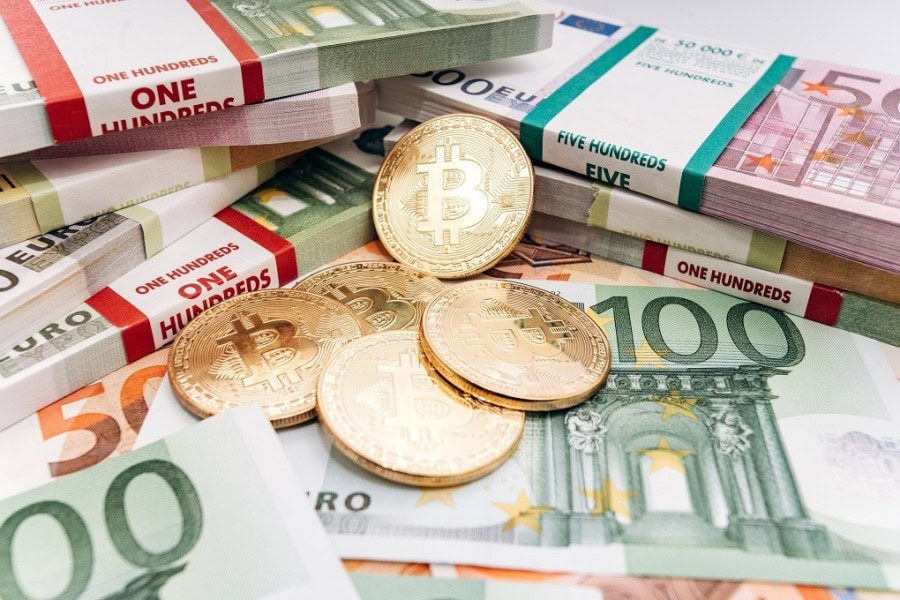Tokenization, a groundbreaking concept enabled by blockchain technology, is reshaping the world of finance and asset ownership. By transforming real-world assets into digital tokens, tokenization offers a host of game-changing benefits that are revolutionizing various industries.
In this article, we will discuss five key advantages of tokenization and explore how they are transforming the world of finance and beyond.
Increased Liquidity of Illiquid Assets
Tokenization has shattered the barriers of liquidity traditionally associated with certain assets. By dividing assets, such as real estate, art, or rare collectables, into digital tokens, tokenization enables fractional ownership. This fractionalization makes assets more easily tradable and accessible to a broader range of investors. Previously illiquid assets can now be bought and sold in smaller portions, thereby enhancing market liquidity and unlocking new investment opportunities.
This is especially useful for people in developing countries like Pakistan where promising investment options are limited. With tokenization, people in unbanked and underbanked areas now have access to global investment opportunities that are reliable, safe, and have low costs to ownership.
For example, platforms like Binance allow investors to purchase fractional ownership of tokenized assets, enabling individuals to participate in the global market with lower entry costs and increased flexibility.
Fractional Ownership of High-Value Assets
Tokenization introduces the concept of fractional ownership, revolutionizing the way people own and invest in high-value assets. Instead of purchasing an entire asset, individuals can now acquire fractional shares of an asset represented by tokens. This opens up investment opportunities to a wider audience, allowing individuals with limited capital to participate in markets that were previously inaccessible.
Imagine a renowned artwork worth millions of dollars. Through tokenization, the artwork can be divided into digital tokens, allowing multiple investors to own fractions of it. This democratization of ownership paves the way for more inclusive and diversified investment portfolios.
Enhanced Transparency of Financial Transactions
Tokenization leverages the transparent nature of blockchain technology, offering unprecedented levels of transparency and trust in asset ownership. Each token represents a unique digital asset, and every transaction related to the token is recorded on the blockchain, creating an immutable and auditable trail.
This transparency mitigates the risk of fraud and increases trust among participants. Investors can easily verify the authenticity, ownership history, and provenance of tokenized assets. Additionally, the decentralized nature of blockchain eliminates the need for intermediaries, reducing counterparty risk and enhancing overall transparency in financial transactions.
Improved Efficiency with Smart Contracts
Tokenization streamlines the entire process of asset management, eliminating many of the inefficiencies present in traditional systems. By digitizing assets and their ownership records, tokenization automates various aspects of asset management, including issuance, transfer, and compliance procedures.
Moreover, smart contracts, programmable self-executing contracts built on blockchain, enable automated governance and enforce predefined rules for tokenized assets. This automation reduces manual intervention, paperwork, and administrative costs associated with asset management, leading to increased operational efficiency and significant cost savings.
Global Accessibility and Financial Inclusion
One of the most powerful aspects of tokenization is its ability to transcend geographical boundaries, enabling global accessibility to assets and investment opportunities. With tokenized assets, investors from anywhere in the world can participate in markets that were previously limited to specific regions or jurisdictions.
For instance, an investor in Europe can easily invest in a tokenized real estate project in Asia without the need for complex cross-border transactions. Tokenization removes barriers to entry, expands investor reach, and creates a more inclusive and interconnected global financial ecosystem.
Tokenization is revolutionizing finance and beyond, offering a range of game-changing benefits that have the potential to reshape the traditional investment landscape. Increased liquidity, fractional ownership, enhanced transparency, improved efficiency, and global accessibility are transforming the way we own, invest, and trade assets.
As tokenization gains momentum, we can anticipate a future where traditional assets, from real estate to fine art, become easily tradable, fractionalized, and globally accessible. However, as with any transformative technology, challenges and regulatory considerations must be addressed to fully harness the potential of tokenization. Nonetheless, the benefits of tokenization are undeniable, heralding a new era of finance that is more inclusive, efficient, and transparent.










